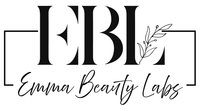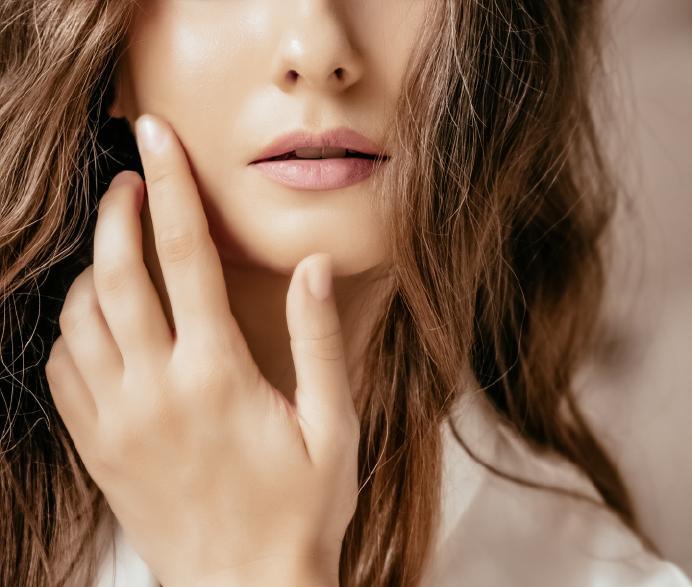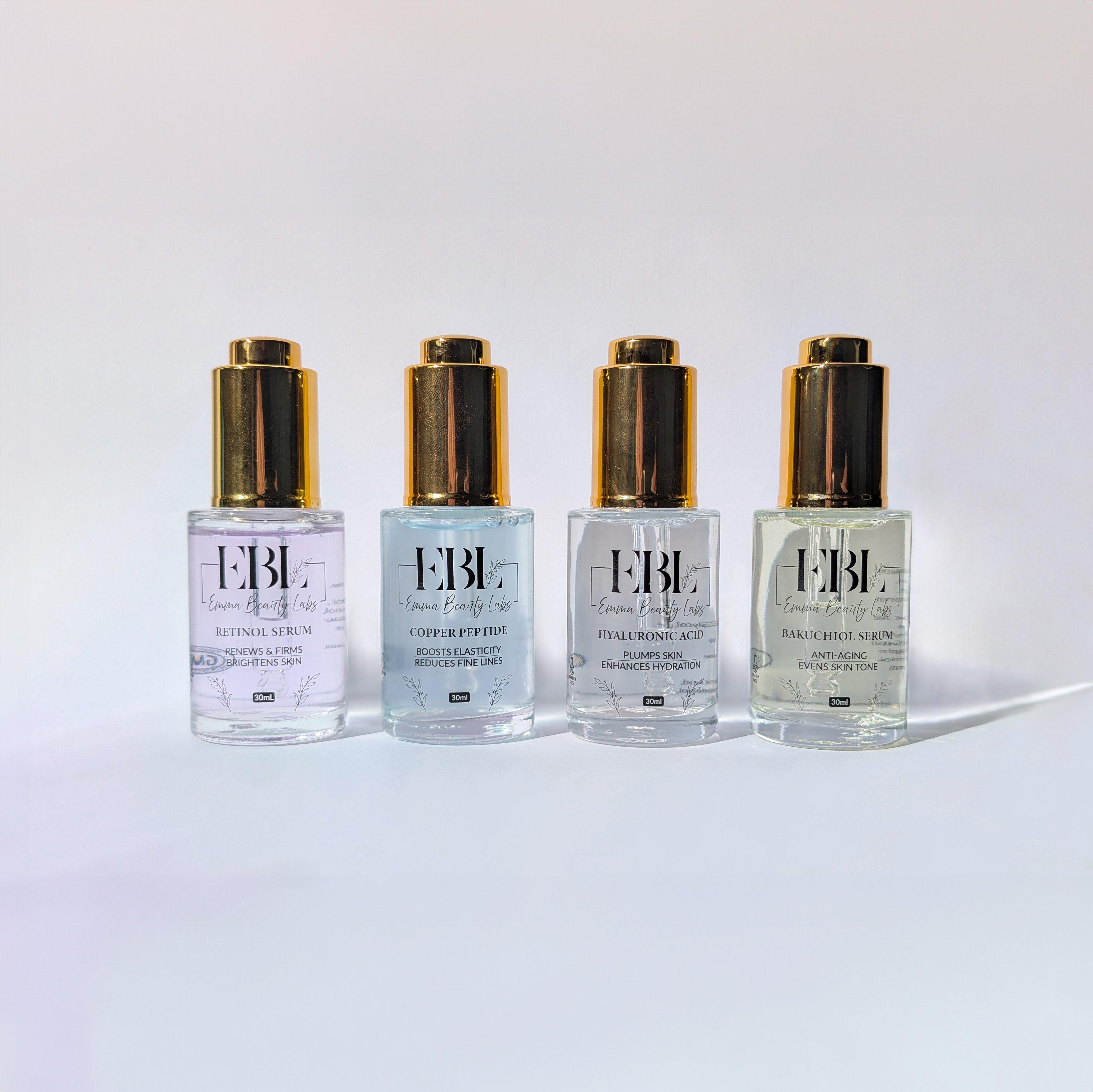Ever stood in the skincare aisle, squinting at a label and wondering, Do I need 10% niacinamide or is 5% enough? Is 1% retinol going to make my face peel off? What even is a Copper Peptide?
You're not alone. The world of skincare actives is full of numbers, percentages, and promises of eternal youth. But what do these numbers actually mean? And more importantly - how do you pick the right strength for your skin?
Let’s break it down, ingredient by ingredient, so you can make confident choices (without needing a chemistry degree).
Retinol: The Gold Standard for Wrinkles - But Handle With Care
Retinol is like that personal trainer who gets you results but makes you suffer through some tough sessions first. It's a powerful vitamin A derivative that speeds up cell turnover and increases collagen production to smooth wrinkles and fade pigmentation.
Common Concentrations & Who They’re For:
- 0.1% - 0.3% (Beginner Friendly): Great for first-timers or sensitive skin. Gentle enough to build tolerance while achieving noticable results.
- 0.5% (Intermediate Level): Good results with some mild flaking. Suitable for those already comfortable with retinol.
- 1%+ (Advanced Users Only): Strong stuff! Expect peeling, dryness, and some initial irritation, but also serious skin transformation.
Dermatologist’s Take:
Higher isn’t always better - your skin can only use so much retinol at a time. If your face feels like it's shedding like a snake, dial it back.
Best For:
- Fine lines, wrinkles, sun damage, uneven skin tone
- Ages 30+ (earlier if tackling acne or pigmentation)
Pro Tip:
Start slow (2-3 times a week), always use SPF, and pair with hydrating ingredients to counteract dryness (Hyaluronic Acid, Bakuchiol). Try our Radiant Retinol Serum, it's infused with Bakuchiol to boost results while being soothing and gentle!
Vitamin C: Your Morning Glow Booster
Vitamin C is the brightening, collagen-boosting powerhouse that makes dull skin pop. But not all forms (or strengths) are created equal.
Common Concentrations & Who They’re For:
- 5% - 10% (Beginner & Sensitive Skin): Enough to brighten without irritation. Great if your skin gets moody.
- 15% - 20% (The Sweet Spot): Strong enough for noticeable results without overwhelming most skin types.
- 30% (The Overachiever): Not necessary for daily use - beyond 20%, irritation risk outweighs benefits.
Dermatologist’s Take:
Higher concentrations can be unstable and irritating, especially in formulas with L-Ascorbic Acid (the most potent but also most finicky form). If L-Ascorbic Acid is too harsh, look for gentler forms like Sodium Ascorbyl Phosphate.
Best For:
- Dullness, pigmentation, uneven tone
- All ages (seriously, everyone benefits from Vitamin C)
Pro Tip:
Apply in the morning under SPF for antioxidant protection.
Copper Peptides: The Skin Repair Expert
Copper Peptides are like sending your skin to a luxury spa - it heals, firms, and strengthens over time. Unlike retinol, there’s no “adjustment period.”
Common Concentrations & Who They’re For:
- 0.2% - 0.5% (Effective & Gentle): A gentle introduction suitable for individuals with very sensitive skin.
- 1% Concentration (Middle of the Road): This level is popular for delivering noticeable anti-aging benefits without significant risk of irritation.
-
2% - 5% Concentration (Advanced Formulations): Accelerated skin recovery and intensive anti-aging effects.
Dermatologist’s Take:
Plays well with most ingredients but avoid layering directly with strong exfoliating acids (they can degrade peptides).
Best For:
- Loss of firmness, fine lines, skin healing
- Ages 30+ for collagen support, but great for anyone wanting a resilient skin barrier
Pro Tip:
Use at night for maximum skin regeneration - follow with hyaluronic acid for extra hydration. Try our Copper Peptide Serum.
Bakuchiol: The Gentle Retinol Alternative
Think of Bakuchiol as retinol’s chill, plant-based cousin - it delivers similar anti-aging benefits without irritation.
Common Concentrations & Who They’re For:
- 0.5% - 1% (Clinically Proven Range): Gives retinol-like effects minus the redness and peeling.
Dermatologist’s Take:
Bakuchiol is a fantastic option for those who can’t tolerate retinol, but don’t expect identical results - it works with your skin, not by forcing rapid cell turnover.
Best For:
- Fine lines, mild pigmentation, sensitive skin
- All ages, especially those with reactive or dry skin
Pro Tip:
Use twice daily—unlike retinol, it’s not sun-sensitive.
Niacinamide: The Overachiever That Does Everything
If skincare had a student-of-the-month award, niacinamide would win every time. It brightens, strengthens the skin barrier, reduces redness, and controls oil. Niacinimide is a water soluable form of vitamin B3.
Common Concentrations & Who They’re For:
- 2% - 5% (Effective & Well-Tolerated): Best for calming redness, strengthening the skin, and balancing oil.
- 10% (Oily/Acne-Prone Skin): More targeted at reducing excess oil and breakouts.
- Beyond 10% (Unnecessary for Most People): Can actually cause irritation instead of helping.
Dermatologist’s Take:
More isn’t always better—if a high-strength niacinamide serum makes your skin tingly or red, drop down to a lower percentage.
Best For:
- Oily, acne-prone, or sensitive skin
- All ages (yes, even teens)
Pro Tip:
Pairs beautifully with Vitamin C, peptides, and hyaluronic acid for a well-rounded routine.
Hyaluronic Acid: The Hydration King (But Size Matters!)
Hyaluronic Acid (HA) is a moisture magnet, but not all HAs are created equal. The key difference? Molecular size.
Types of HA & What They Do:
- High Molecular Weight HA: Sits on the skin’s surface, giving an instant hydration boost and plumping fine lines.
- Medium Molecular Weight HA: Penetrates slightly deeper, offering longer-lasting hydration.
- Low Molecular Weight HA: Gets into deeper layers, improving elasticity and hydration over time.
Look for serums that offer a blend of molecular sizes for a comprehensive hydration strategy. Try our Dual Action Hyaluronic Acid Serum.
Common Concentrations & Who They’re For:
- 1% - 2% (Perfect Balance): Enough for deep hydration without being sticky.
- Higher Than 2% (Marketing Gimmick): HA needs water to work - too high a concentration can actually pull moisture from your skin.
Dermatologist’s Take:
Like watering a plant, consistency is key. Regular use of HA can keep your skin plump and hydrated, reducing the appearance of fine lines and creating a radiant glow.
Best For:
- Dry, dehydrated, or aging skin
- All ages
Pro Tip:
Always apply HA to damp skin—otherwise, it can dehydrate instead of hydrate!
Final Thoughts: Do You Really Need the Strongest Formula?
Skincare isn’t about using the most powerful serum—it’s about using the right strength for your skin. If a product is making your skin red, flaky, or irritated, it’s not helping - it’s harming.
So next time you're shopping for serums, remember: more isn’t always better. Sometimes, just enough is perfect.










